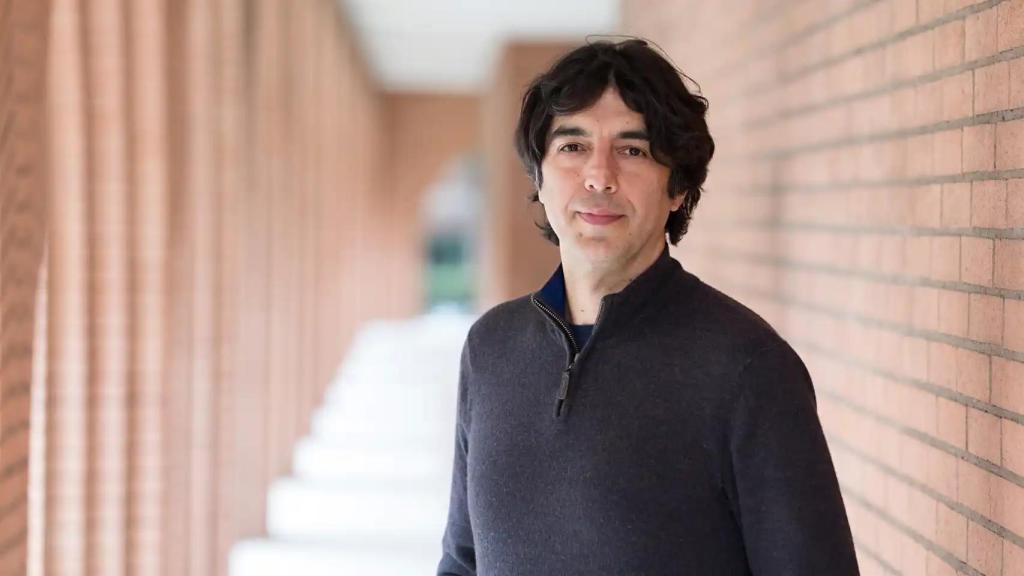
Valter Longo, biologist, blunt about eating habits in the United States: "Lunch makes you gain weight"
The longevity expert warns about the risks of prolonged intermittent fasting and the impact of lunch on body weight.
More information: The best park in the United States to celebrate the spring equinox
In the United States, where diets and nutritional trends constantly change, biologist Valter Longo has been clear in his stance on eating habits and their relationship to longevity. Known for his research on healthy aging, Longo has stated that eating lunch can contribute to weight gain, just like it happens with many other people.
During a conversation about nutrition, Longo addressed the impact of 16-hour fasting windows, a common practice within intermittent fasting that has gained popularity in the United States. Although many people claim to see positive results with this method, the specialist warns that it may not be suitable for most.
"The problem with 16-hour fasting is that in most cases it involves skipping breakfast", Longo explained. While this type of caloric restriction can yield short-term benefits, its long-term effects could be counterproductive. According to his studies, prolonging the time without eating could be linked to a higher risk of overall and cardiovascular mortality.
Short-term benefits, long-term risks
Longo does not deny that restrictive diets like intermittent fasting can offer results in weight control. However, he maintains that these immediate benefits do not always guarantee a longer and healthier life. "Our specialization is to make you live up to 110 or 100 years", he affirmed, suggesting that more balanced dietary strategies are preferable to extreme methods.
In the United States, where overweight and metabolic diseases are public health problems, Longo's statements have sparked debate. While some people defend the effectiveness of intermittent fasting, other nutrition experts warn that each body responds differently to these practices.
The researcher insists that a balanced diet is key to longevity, avoiding eating patterns that, although effective in the short term, could have negative consequences in the long term.




